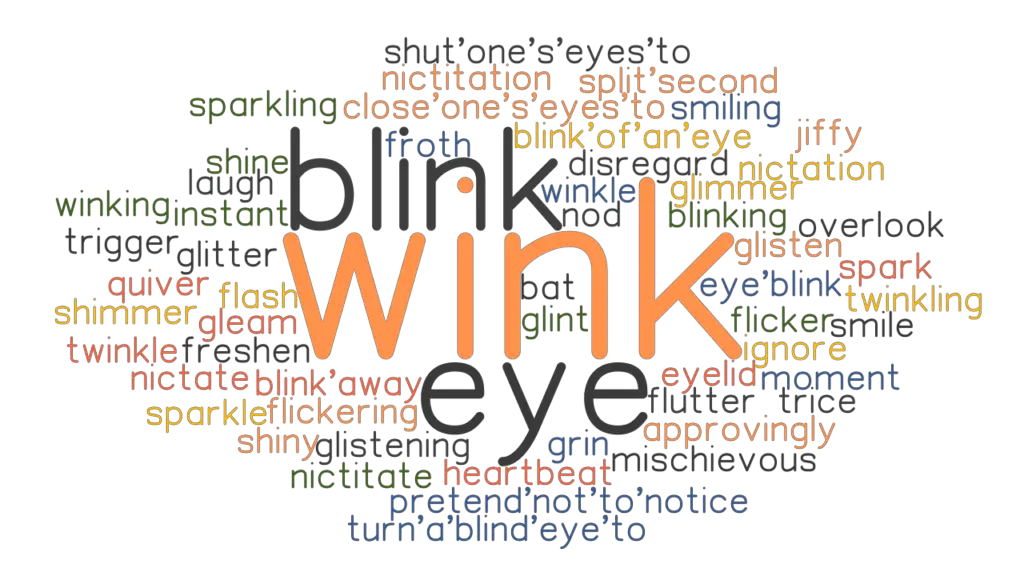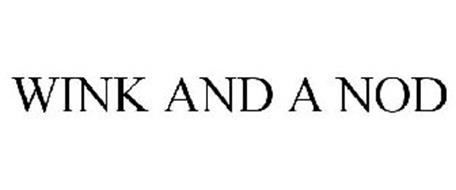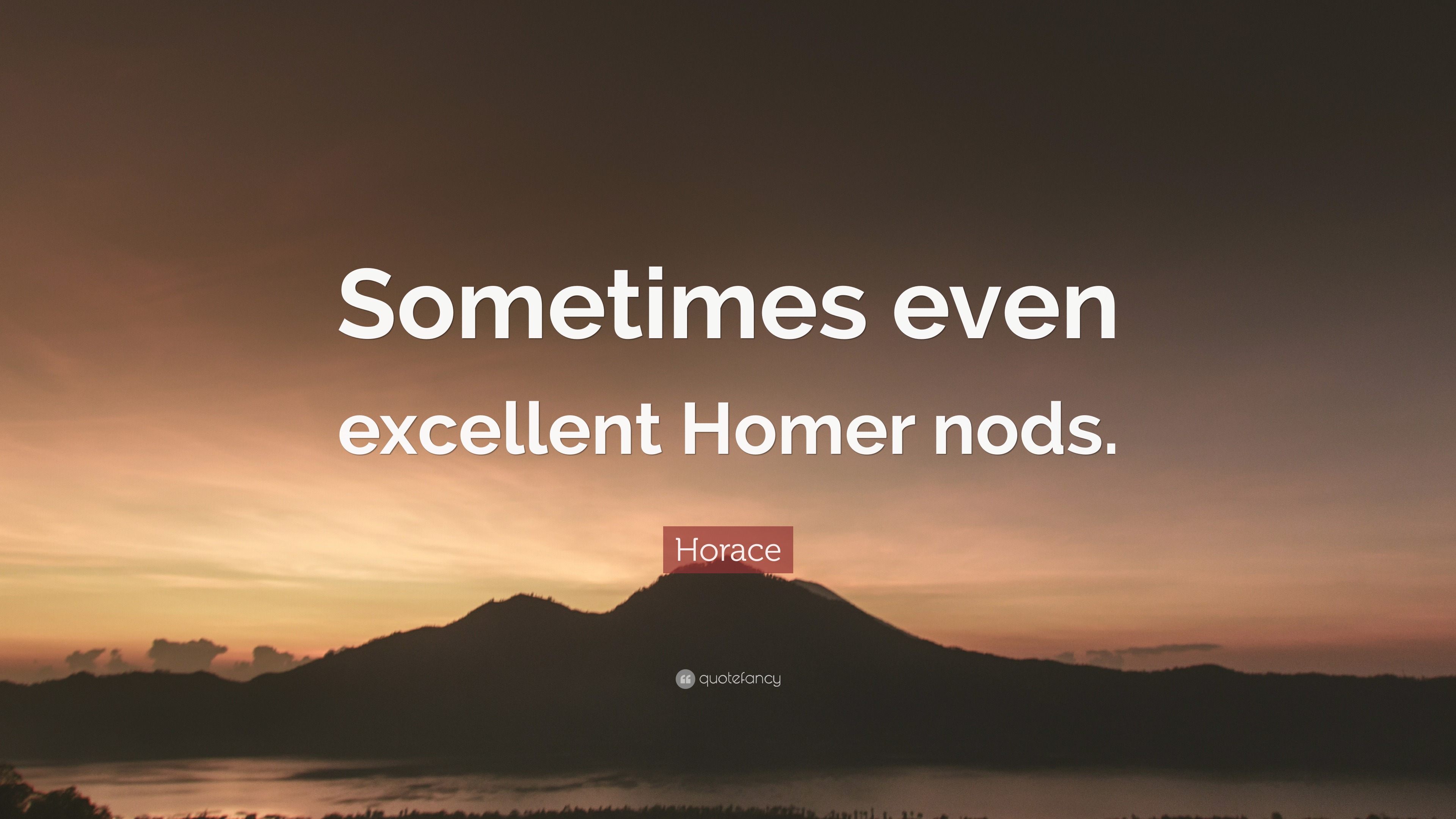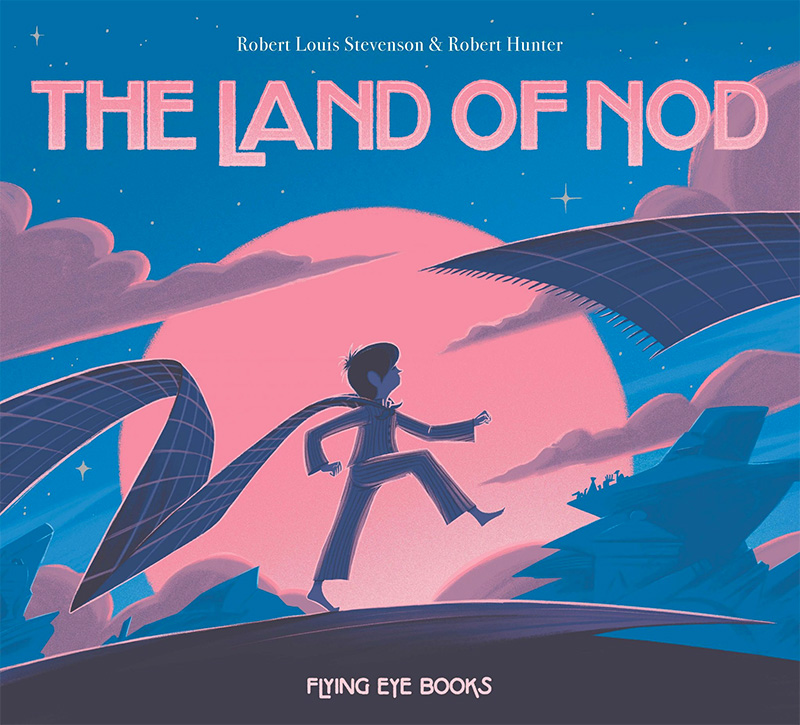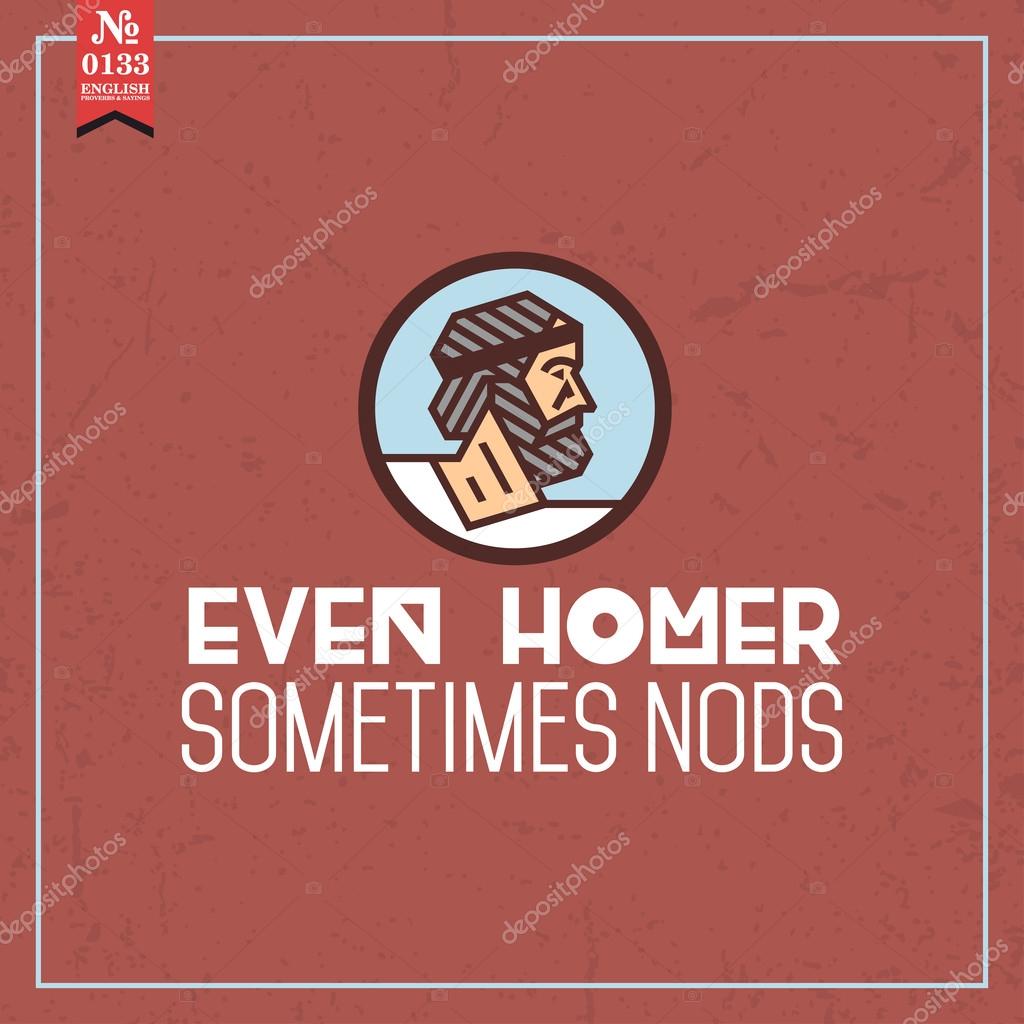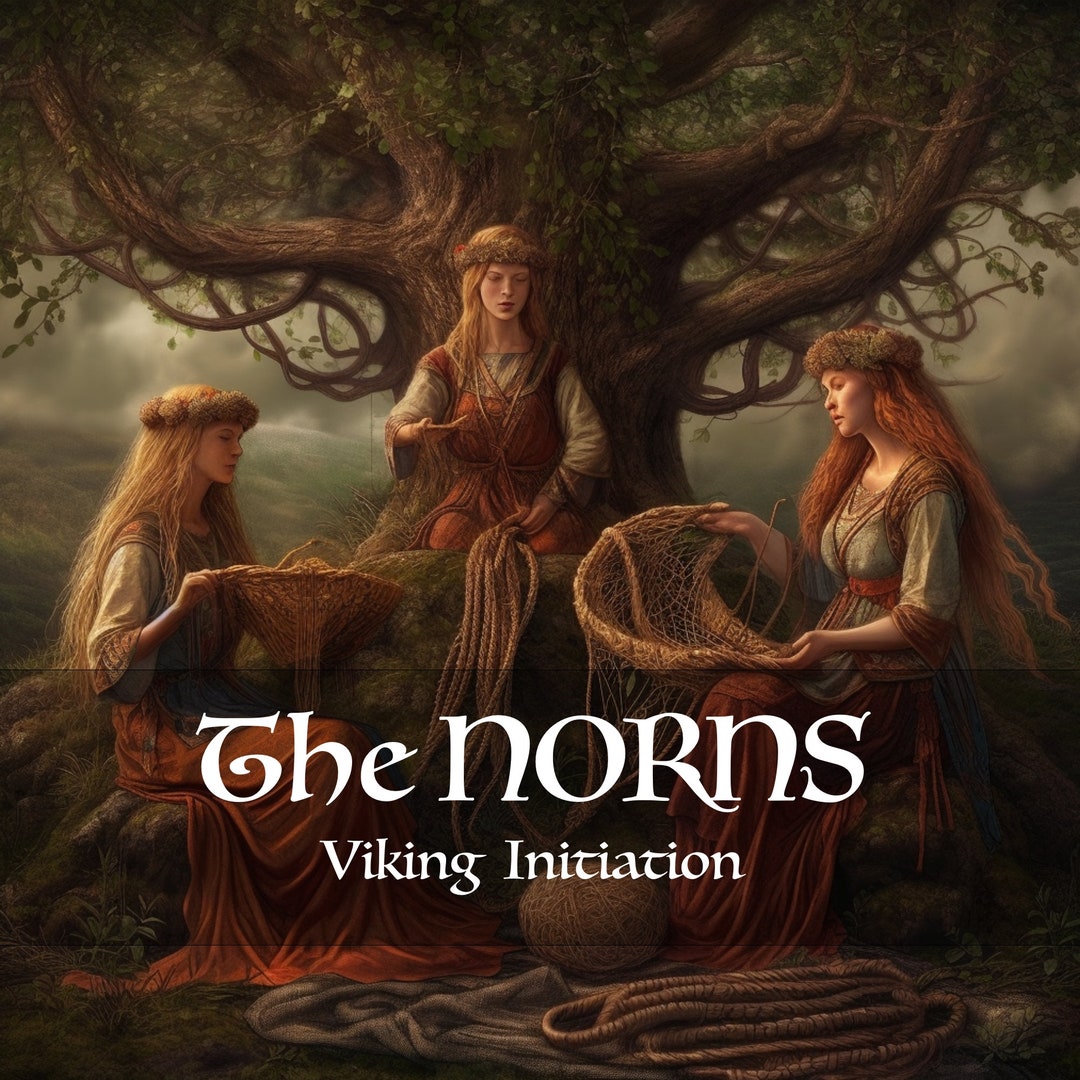Wink
-
Douglas Mercer
- Posts: 10947
- Joined: Tue Mar 28, 2023 7:29 pm
Wink
Douglas Mercer
December 8 2024
Winke (German): a hint which beckons
A wink and a nod: an indication that something secret or not believed is in fact true.
The phrase with a wink and a nod or nod and a wink is used to signal or communicate something in a sly or subtle way. It implies that information is being conveyed without being publicly stated or acknowledged, as in an open secret. The corresponding sign language for this message is to slightly move one’s index finger over one’s nose accompanied by a knowing smile.
The land of nod: dreams, sleep
Sometimes even old Homer nods---from Horace meaning asleep at switch, the lights are on but no one is home.
What's the origin of the phrase a stitch in time saves nine? This is nothing to do with rips in the fabric of the space-time continuum, as some have ingeniously suggested. The stitch in time is simply the prompt sewing up of a small hole or tear in a piece of material, so saving the need for more stitching at a later date when the hole has become larger. Clearly the first users of this expression were referring to saving nine stitches. This little homily seems to be falling out of use – as has stitching.
They were talking on The Nine all across the Army Band.
In all Aryan mythologies the Fates are always depicted as spinning, sewing, or weaving threads, thus the concept of strings, whether it be a loom, a ball of yarn, or musical instruments, are associated with fate; weird (or word) means fate or destiny, we have a vestige of that meaning in our word toward, as when one goes in a specific direction one is said to go toward that place.
Wrinkle: a small ridge or furrow especially when formed on a surface by the shrinking or contraction of a smooth substance; a change in a customary procedure or method; something new or different; a slight snag of difficulty; to become marked with or contracted into.
A Wrinkle In Time (1962) is a young adult science fantasy novel written by American author Madeleine L’Engle in which the main characters travel through a worm hole to search for their father who had become trapped in another dimension. The father is a scientist who believes that one can bilocate instantaneously via the power of the mind.
Here time becomes space. This enigmatic line from Wagner’s Parsifal suggests the transcendent nature of the 1882 work, which dramatizes a twelfth-century knight’s quest for the Holy Grail. Parsifal goes beyond opera and is Total Art Work, the music of the Future, transporting us into a mystical new realm. Foremost, it’s an experience. Appropriately, this line became the theme for last week’s inaugural concerts of Hamburg’s spectacular, new Elbphilharmonie- the long-anticipated home of the NDR Sinfonieorchester (North German Radio Symphony Orchestra), now renamed the NDR Elbphilharmonie Orchestra. In a post earlier in this month we listened to an old concert clip of this great orchestra playing Bruckner’s Eighth Symphony with its longtime Principal Conductor, Günter Wand.
Wand: a magic stick that can make anything happen.
Hopkins felt that everything in the universe was characterized by what he called inscape, the distinctive design that constitutes individual identity. This identity is not static but dynamic. Each being in the universe selves, that is, enacts its identity. And the human being, the most highly selved, the most individually distinctive being in the universe, recognizes the inscape of other beings in an act that Hopkins calls instress, the apprehension of an object in an intense thrust of energy toward it that enables one to realize specific distinctiveness. Ultimately, the instress of inscape leads one to divinity for the individual identity of any object is the stamp of divine creation on it.
Nobody told you how to unfold your love—
One fine day in my odd past
I picked me up a transmission
I turned the fission ignition
Went looking for the broadcaster
And when I first touched some ground
They simply told me to leave
It was kind of hard to believe
Because there was no one around
Fold : old
Wink: ink
Wink: the batting of an eye. The blink of an eye. I have not slept a wink.
Winckelmann's masterpiece, the Geschichte der Kunst des Alterthums (The History of Art in Antiquity), published in 1764, was soon recognized as a permanent contribution to European literature. In this work, Winckelmann's most significant and lasting achievement was to produce a thorough, comprehensive and lucid chronological account of all antique art—including that of the Egyptians and Etruscans. This was the first work to define in the art of a civilization an organic growth, maturity, and decline. Here, it included the revelatory tale told by a civilization's art and artifacts—these, if we look closely, tell us their own story of cultural factors, such as climate, freedom, and craft. Winckelmann sets forth both the history of Greek art and of Greece. He presents a glowing picture of the political, social, and intellectual conditions which he believed tended to foster creative activity in ancient Greece.
First and foremost it is an experience.
Wink wink nudge nudge sometimes followed by say no more is an old English saying meant to convey to the listener that something cheeky or conspiratorial or with mischievous insinuation and the intent of innuendo has been said as in you know what I am saying but the less we say about it the better.
It is a dense network of signs representing various forces and relations which will be unfolded in time.
December 8 2024
Winke (German): a hint which beckons
A wink and a nod: an indication that something secret or not believed is in fact true.
The phrase with a wink and a nod or nod and a wink is used to signal or communicate something in a sly or subtle way. It implies that information is being conveyed without being publicly stated or acknowledged, as in an open secret. The corresponding sign language for this message is to slightly move one’s index finger over one’s nose accompanied by a knowing smile.
The land of nod: dreams, sleep
Sometimes even old Homer nods---from Horace meaning asleep at switch, the lights are on but no one is home.
What's the origin of the phrase a stitch in time saves nine? This is nothing to do with rips in the fabric of the space-time continuum, as some have ingeniously suggested. The stitch in time is simply the prompt sewing up of a small hole or tear in a piece of material, so saving the need for more stitching at a later date when the hole has become larger. Clearly the first users of this expression were referring to saving nine stitches. This little homily seems to be falling out of use – as has stitching.
They were talking on The Nine all across the Army Band.
In all Aryan mythologies the Fates are always depicted as spinning, sewing, or weaving threads, thus the concept of strings, whether it be a loom, a ball of yarn, or musical instruments, are associated with fate; weird (or word) means fate or destiny, we have a vestige of that meaning in our word toward, as when one goes in a specific direction one is said to go toward that place.
Wrinkle: a small ridge or furrow especially when formed on a surface by the shrinking or contraction of a smooth substance; a change in a customary procedure or method; something new or different; a slight snag of difficulty; to become marked with or contracted into.
A Wrinkle In Time (1962) is a young adult science fantasy novel written by American author Madeleine L’Engle in which the main characters travel through a worm hole to search for their father who had become trapped in another dimension. The father is a scientist who believes that one can bilocate instantaneously via the power of the mind.
Here time becomes space. This enigmatic line from Wagner’s Parsifal suggests the transcendent nature of the 1882 work, which dramatizes a twelfth-century knight’s quest for the Holy Grail. Parsifal goes beyond opera and is Total Art Work, the music of the Future, transporting us into a mystical new realm. Foremost, it’s an experience. Appropriately, this line became the theme for last week’s inaugural concerts of Hamburg’s spectacular, new Elbphilharmonie- the long-anticipated home of the NDR Sinfonieorchester (North German Radio Symphony Orchestra), now renamed the NDR Elbphilharmonie Orchestra. In a post earlier in this month we listened to an old concert clip of this great orchestra playing Bruckner’s Eighth Symphony with its longtime Principal Conductor, Günter Wand.
Wand: a magic stick that can make anything happen.
Hopkins felt that everything in the universe was characterized by what he called inscape, the distinctive design that constitutes individual identity. This identity is not static but dynamic. Each being in the universe selves, that is, enacts its identity. And the human being, the most highly selved, the most individually distinctive being in the universe, recognizes the inscape of other beings in an act that Hopkins calls instress, the apprehension of an object in an intense thrust of energy toward it that enables one to realize specific distinctiveness. Ultimately, the instress of inscape leads one to divinity for the individual identity of any object is the stamp of divine creation on it.
Nobody told you how to unfold your love—
One fine day in my odd past
I picked me up a transmission
I turned the fission ignition
Went looking for the broadcaster
And when I first touched some ground
They simply told me to leave
It was kind of hard to believe
Because there was no one around
Fold : old
Wink: ink
Wink: the batting of an eye. The blink of an eye. I have not slept a wink.
Winckelmann's masterpiece, the Geschichte der Kunst des Alterthums (The History of Art in Antiquity), published in 1764, was soon recognized as a permanent contribution to European literature. In this work, Winckelmann's most significant and lasting achievement was to produce a thorough, comprehensive and lucid chronological account of all antique art—including that of the Egyptians and Etruscans. This was the first work to define in the art of a civilization an organic growth, maturity, and decline. Here, it included the revelatory tale told by a civilization's art and artifacts—these, if we look closely, tell us their own story of cultural factors, such as climate, freedom, and craft. Winckelmann sets forth both the history of Greek art and of Greece. He presents a glowing picture of the political, social, and intellectual conditions which he believed tended to foster creative activity in ancient Greece.
First and foremost it is an experience.
Wink wink nudge nudge sometimes followed by say no more is an old English saying meant to convey to the listener that something cheeky or conspiratorial or with mischievous insinuation and the intent of innuendo has been said as in you know what I am saying but the less we say about it the better.
It is a dense network of signs representing various forces and relations which will be unfolded in time.

